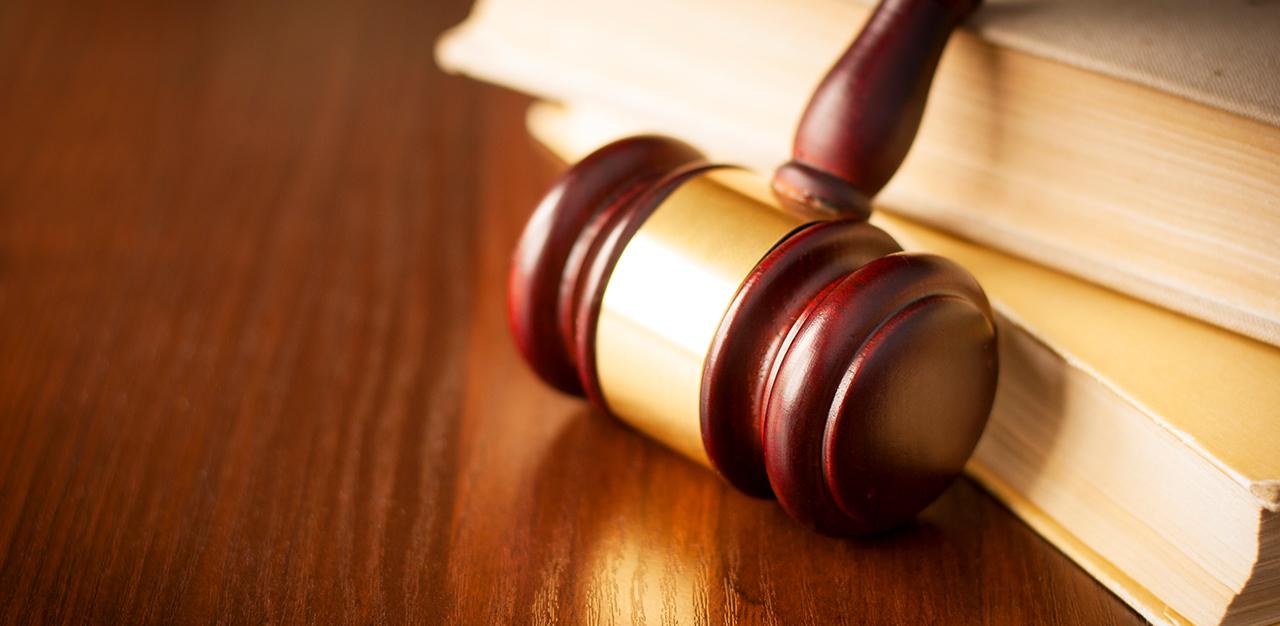
In August of 2022, after the FBI seized documents from his Mar-a-Lago home, liberal media outlets reported that former President Trump could be imprisoned for up to 10 years for violations of the “Espionage Act.” Not surprisingly, when then-Vice President Biden was found to have taken classified documents, some conservative media personalities wezre happy to encourage similar Espionage Act charges be brought against Biden. If every President is now to be threatened by this law, it is time to learn its pedigree.
The Espionage Act of 1917 is one of the tools government prosecutors use to threaten Americans. That law, like other such laws, are usually enacted in wartime when constitutional liberties go out the window. Woodrow Wilson was re-elected President in 1916 using the slogan “He Kept Us Out Of War.” A few months later, in April 1917, he dragged America into the First World War. Two months after that, on June 15, 1917, he persuaded Congress to enact The Espionage Act. That law was made even worse the next year when it was amended by the Sedition Act of 1918. Those laws were applied with a heavy hand by the Wilson Justice Department to punish Americans who opposed America’s entry into World War I, opposed the draft, or otherwise dissented from Wilson’s policies.
The Espionage Act was written in vague terms to prevent gathering information about national defense, obstructing enlistment in the armed forces, or encouraging dissension within the military. It declared certain writings that urged “treason” to be unmailable — which Postmaster General Albert S. Burleson used to deny mailing “privileges” to 74 newspapers. In “late 1917, Wilson’s Attorney General Thomas Gregory warned dissenters not to expect mercy from ‘an outraged people’ and ‘an avenging government.’”
A highly regarded history by Stanford University Professor David M. Kennedy, Over Here: the First World War and American Society (Oxford University Press: 1982) catalogues the abuses of power by the Justice Department. AG Gregory “favored broad construction and vigorous application of the Espionage Act, on one occasion publicly chastised a federal judge who had instructed a jury to acquit a man for calling the President a “‘Wall Street tool.’” The courts vigorously applied the Espionage Act, in one case convicting a man for questioning the constitutionality of the wartime draft. AG Gregory even sought “an amendment [to the Act] that would allow him to prosecute ‘disloyal utterances.’” AG Gregory happily reported that “scores of thousands of men are under constant observation throughout the country. AG Gregory claimed to have recruited several hundred thousand private citizens keeping an eye on disloyal individuals and making reports of disloyal utterances. All this sounds quite familiar to those living through the Biden regime. Truly, “there is nothing new under the sun.” Ecclesiastes 1:9.
Thousands were indicted under the Espionage Act, and nearly 45 percent were convicted. Justice Department lawyers delayed appeals, fearing that the Supreme Court would strike down the laws they were applying. As “disloyalty” prosecutions began to ramp up, it was said that federal prosecutors had the power of “an angel of life and death clothed with the power to walk up and down in his district, saying, ‘This one will I spare, and this one will I smite.’”
One of those Justice Department prosecutions targeted Charles Schenck, who was accused of mailing socialist pamphlets to recent draftees which compared the draft to involuntary servitude and urging men to express their resistance to the draft. Schenck’s conviction was affirmed unanimously by the Supreme Court just as the war was ending. Justice Oliver Wendell Holmes fashioned the now-famous phrase, “[t]he most stringent protection of free speech would not protect a man in falsely shouting fire in a theatre and causing a panic.” Schenck v. United States, 249 U.S. 47, 52 (1919) (emphasis added). Today, that one sentence is repeatedly invoked by leftists to demonstrate that the First Amendment is not absolute, and certainly does not protect conservative political voices. (Interestingly, when leftists invoke that statement, they uniformly omit the word “falsely.”)
In that same 1918 term of court, the Supreme Court upheld a similar conviction for “disloyalty,” reasoning that the defendant’s newspaper articles criticizing U.S. military involvement might be circulated in quarters where a little breath would be enough to kindle a flame. Frohwerk v. United States, 249 U.S. 204, 209 (1919). A third case in this trilogy was Debs v. United States, 249 U.S. 211 (1919), where the Court upheld a conviction for a speech inciting a refusal of duty in the military and the recruiting and enlistment service.
It only took until the next term of the Supreme Court for Justice Holmes to begin to reverse his position: “It is only the present danger of immediate evil or an intent to bring it about that warrants Congress in setting a limit to the expression of opinion where private rights are not concerned. Congress certainly cannot forbid all effort to change the mind of the country.” Abrams v. United States, 250 U.S. 616 (1919) (emphasis added). Holmes moved even further away from authoritarianism, dissenting in Gitlow v. New York, 268 U.S. 652 (1925).
Finally, in Brandenburg v. Ohio, 395 U.S. 444, 447-448 (1969), the Court overturned Schenck, explaining:
[T]he constitutional guarantees of free speech and free press do not permit a State to forbid or proscribe advocacy of the use of force or of law violation except where such advocacy is directed to inciting or producing imminent lawless action and is likely to incite or produce such action…. A statute which fails to draw this distinction impermissibly intrudes upon the freedoms guaranteed by the First and Fourteenth Amendments. [Emphasis added.]
Today, rogue Justice Department prosecutors are again becoming “an angel of life and death clothed with the power to walk up and down in his district, saying, ‘This one will I spare, and this one will I smite.’” Donald Trump draws an FBI swat team, while Joe Biden’s stolen documents don’t even draw flies. The Espionage Act needs to be buried in the grave along with Schenck, its judicial progeny. Americans of all political stripes should demand that the First Amendment again mean what it says — “Congress shall make no law.”
When the judiciary met a runaway Justice Department power in 1919, America was the loser. Rarely do nations get second chances. Rather than wait for the Courts, The Espionage Act of 1917 should be stricken from the weapons arsenal of federal prosecutors.







